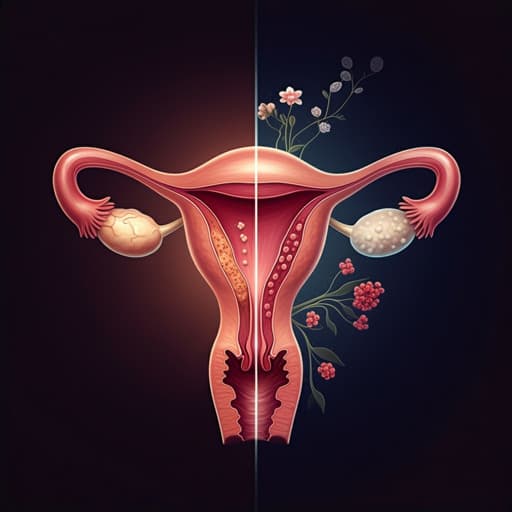
Medicine and Health
Comparing the efficacy and pregnancy outcome of intrauterine balloon and intrauterine contraceptive device in the prevention of adhesion reformation after hysteroscopic adhesiolysis in infertile women: a prospective, randomized, controlled trial study
Q. Zhang, H. Ding, et al.
This groundbreaking trial led by Qing Zhang and colleagues explores the effectiveness of intrauterine balloons versus IUDs in preventing adhesion reformation after hysteroscopic adhesiolysis. Discover how these interventions could enhance treatment outcomes for infertile women facing moderate to severe intrauterine adhesions.
Related Publications
Explore these studies to deepen your understanding of the subject.







